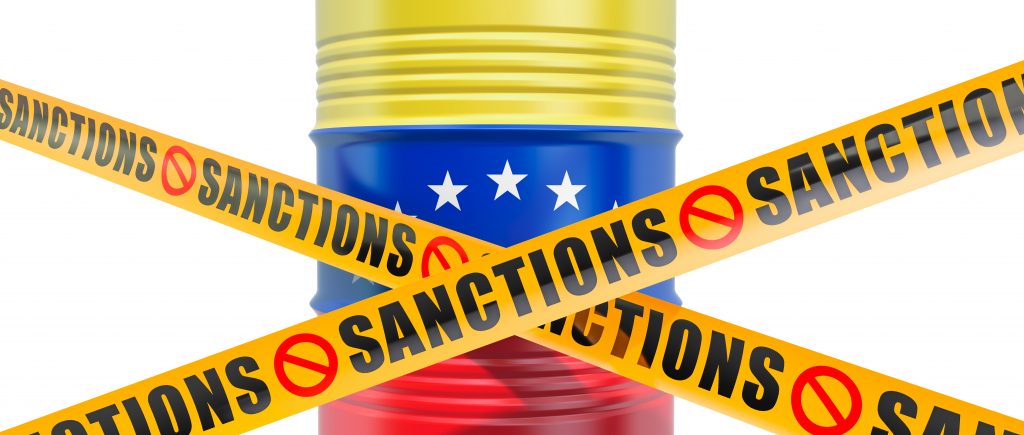China’s independent refiners, known as teapots, are holding off on making new purchases due to wide discrepancies in offer prices.
Since the suspension of US sanctions on Venezuelan oil in mid-October for six months, global energy firms and trading houses Vitol, Gunvor, and Trafigura have gradually resumed purchases.
The independent refiners have mainly relied on deeply discounted sanctioned oil from Venezuela, as well as Iran and Russia, as feedstock.
Since the Venezuela sanctions were suspended, the discount range has become unpredictable. Offers for Venezuelan cargoes arriving in China in early 2024 are coming in with discounts of $9 to $19 a barrel to ICE Brent, an unusually wide range. When it was sanctioned, Venezuelan crude traded at about $20 a barrel below ICE Brent on a delivered-ex-ship basis in China for October delivery.
China’s independent refiners are also waiting to see what state-owned PetroChina will do. PetroChina is seeking to buy up to 8 million barrels per month of Venezuelan crude from PDVSA, but has yet to seal a deal.
Buyers are staying put despite expectations of higher prices and tighter supply, as they are waiting to see if and when PetroChina will come back to the market.
Before the US imposed sanctions in 2019, subsidiary PetroChina Fuel Oil Co was the key seller of Venezuelan oil to independent refiners. Independent refiners like Venezuelan heavy crude for its high yield of road-paving material asphalt at about 60%, versus around 45% for Iranian oil. However, China’s diluted bitumen imports in October fell to 801,402 metric tons, the lowest since May, and inventories are hovering near 2023’s peak of about 1.54 million tons.

 Noor Trends News, Technical Analysis, Educational Tools and Recommendations
Noor Trends News, Technical Analysis, Educational Tools and Recommendations




